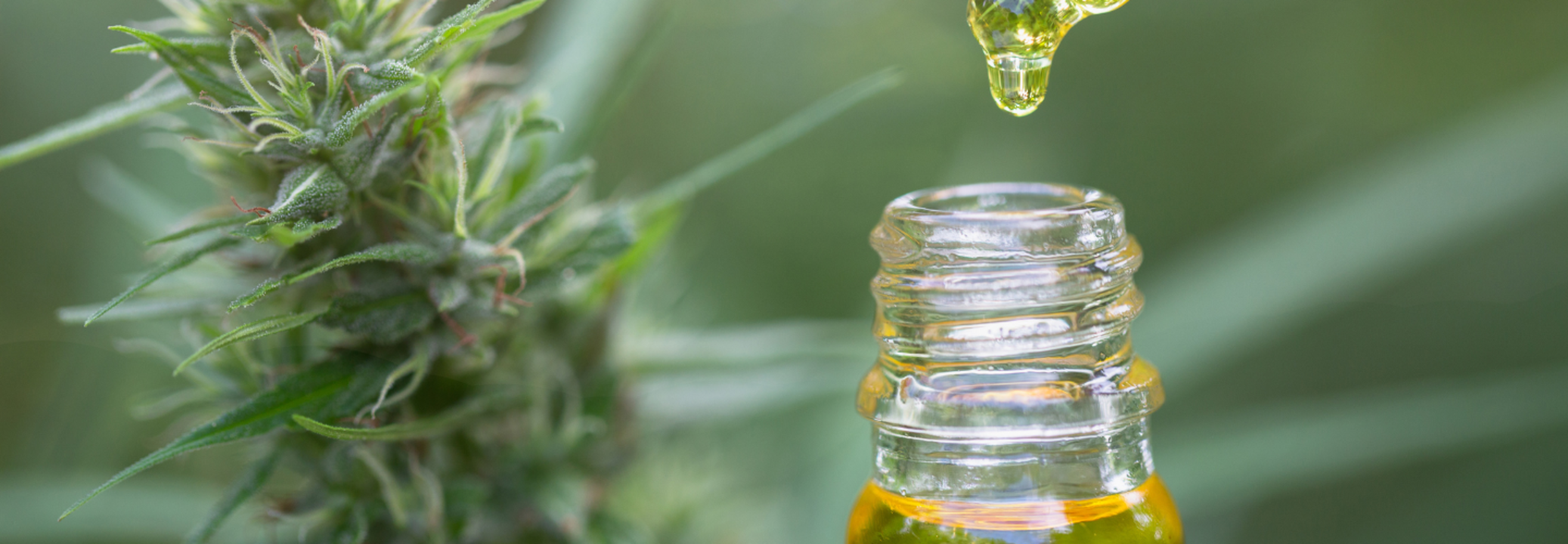Lower Doses Of CBD Could Also Cause Liver Damage: FDA Study Finds

(Credit-Canva)
SummaryCannabidiol is a very common component in different products, and until now though of not cause any significant effect on the body. However, a new study shows that it could be a cause of concern for your liver.
End of Article
